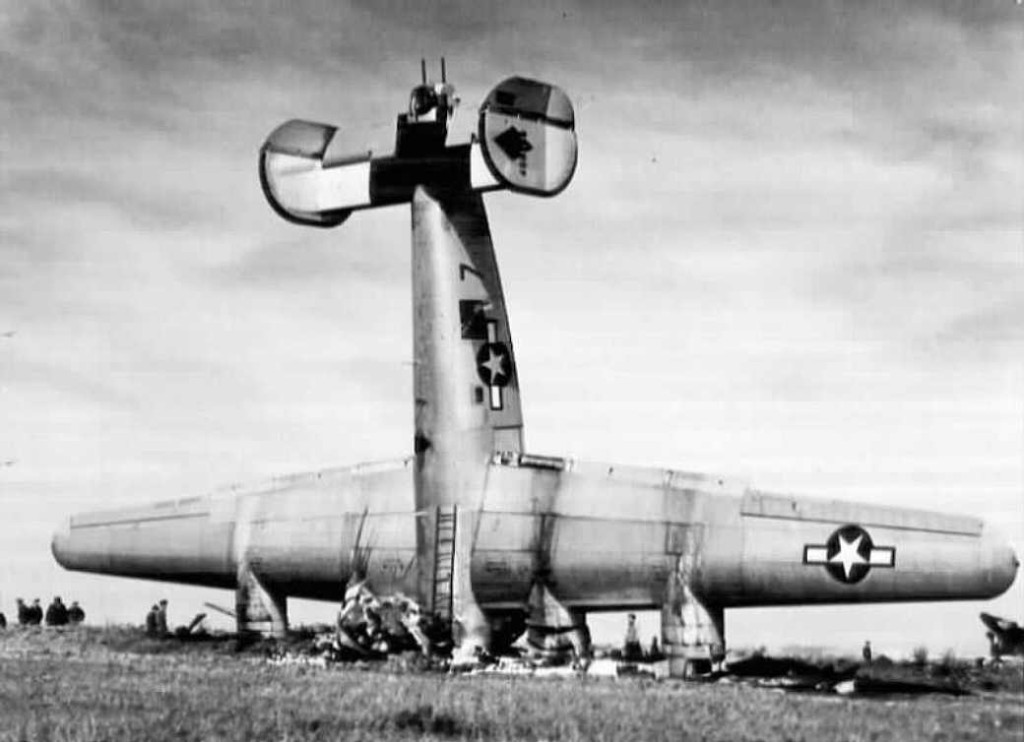#383) Improv: A Tool to Avert “Negation Nose Dives”
February 19th, 2015
Ever been part of a discussion where everything suddenly turns negative as the group rips up every good idea, plowing the whole thing into the ground? I’ve seen a few. Related to this, I heard a wonderful comment last week from a scientist about the impact of our improv training on their organization.
HAVE YOU EVER … been part of a discussion that turned negative and ended up like this? Wouldn’t it be nice if there were a way to pull out of such a negation nose dive?
Happens every day, in conference rooms around the world. It’s not just a science thing — but the negation/falsification process of science can make it worse.
Sometimes it feels really good as you watch a flimsy idea get taken to pieces through tough, incisive questioning that has at the core of it the premise that everything presented is wrong until shown to be otherwise. It’s what science is based upon — a process of falsification — testing ideas to see if they can be falsified until you finally have subjected them to so much rigor and they haven’t failed that you can conclude you have something robust. It’s great when it works that way.
But it comes with a potential down side, which is the tailspin of unrestrained negation, obliterating everything that might have been salvaged as worthwhile.
SOLUTION: CHANGING THE COURSE OF DISCUSSIONS
A little over two years ago we ran our Connection Storymaker Workshop with the folks at National Park Service headquarters in Ft. Collins, Colorado. We had two groups of about twenty people each. It felt like a successful experience, but I never believe anything I do really works until someone gives me some proof (me to self: “Don’t be SUCH a scientist!!!”). Which is what happened last week.
I had a long phone call with one of our hosts. He said, “You wouldn’t believe how many times in discussions, since that training, we have brought up the basic, ‘Yes, and …’ approach you taught us in the workshop. There have been multiple instances when everyone is headed in a negative direction, then someone says, “Let’s remember the ‘Yes, and …’ thing,'” and the discussion reverses almost immediately.”
That warmed my heart sooo much. It had never dawned on me — that application of improv. We always present it as a tool for enhancing creativity, making you more human and alive, getting you out of your head … but I’ve never thought to talk about it as an emergency maneuver for a negation nose dive.
Yes, and … I think I’ll be including that attribute of improv in the future when I talk about it. I can’t say enough good things about the training, and Brian Palermo (who will be doing improv next week at the ASLO meeting in Spain).
